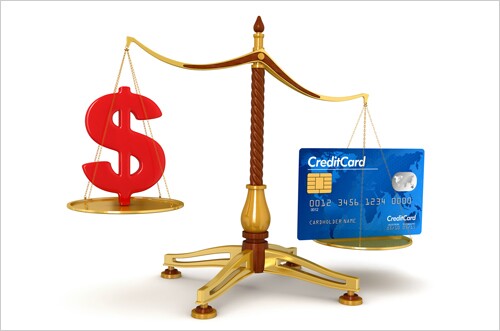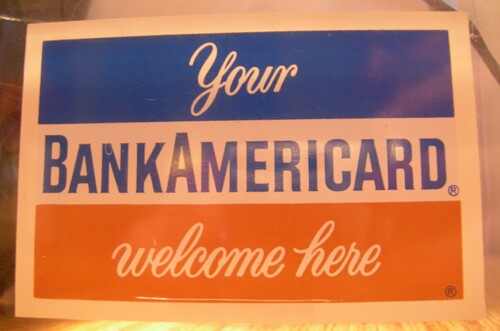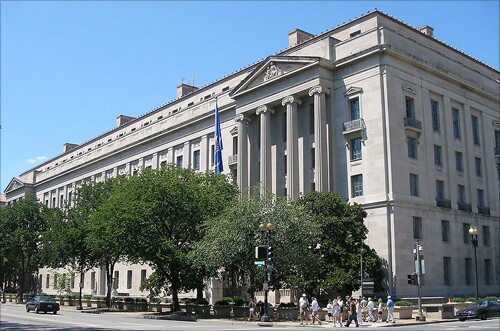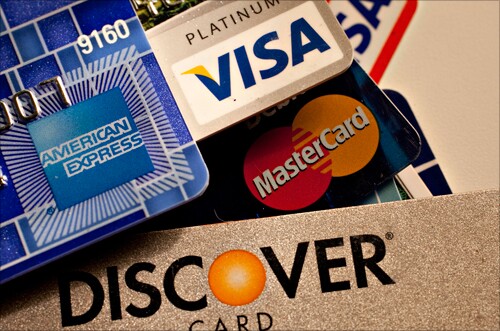

Arkansas Bank Sues Visa Forerunner
In 1970, Worthen Bank and Trust Co. of Little Rock, Ark.,

Sears Sues Visa
Visa's then-president testified that allowing Discover's parent company to issue a Visa card would be "

Wal-Mart and Other Large Retailers Sue MasterCard and Visa
Visa and MasterCard also agreed to make changes to their "honor all cards" rules, which required merchants to accept all of one network's cards if they accepted any of that network's cards. Under the revised rules, Visa and MasterCard still require merchants that accept any of the credit cards on their networks to accept all such cards, but they now allow merchants that accept their networks' credit cards to turn down their debit cards.

Justice Department Sues MasterCard and Visa
U.S. District Judge Barbara S. Jones issued a split ruling in 2001. The decision did not disrupt the long-standing system of dual issuance, but

American Express and Discover Sue Visa and MasterCard
MasterCard and Visa

Retailers Sue Visa, MasterCard, and Banks Over Interchange
Despite the multibillion-dollar price tag, the settlement was widely seen as a victory for the defendants because going forward they retained the ability to set interchange fees. The deal does give retailers the contractual right to impose surcharges on credit card purchases, but that practice is illegal in numerous states.

Justice Department Settles Steering Cases with MasterCard and Visa, Sues Amex
MasterCard and Visa, both of which had gone public since the conclusion of the previous Justice Department lawsuit,





